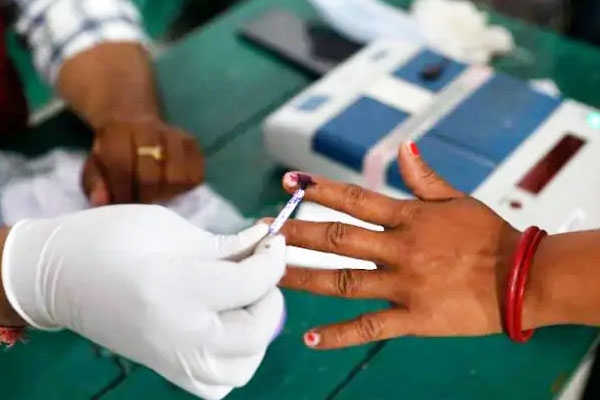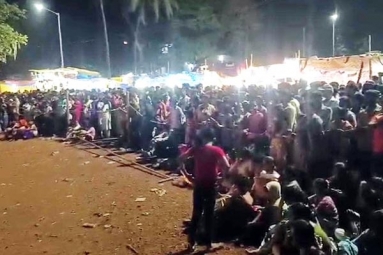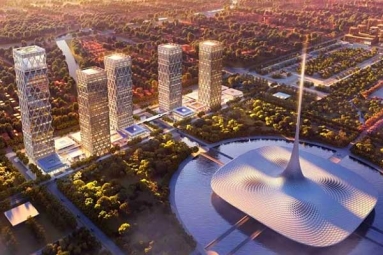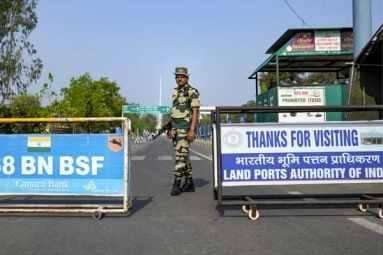
(Image source from: Moneycontrol.com)
The government has approved bills to implement the 'one nation, one election' proposal, which suggests holding Lok Sabha and state Assembly elections simultaneously, and later including municipal polls as well. These bills, which aim to amend at least five articles of the Constitution, are likely to be introduced in the ongoing Winter Session of Parliament. The bills were approved at a meeting chaired by Prime Minister Narendra Modi. The amendments include changes to the way Lok Sabha seats are allocated, the duration and dissolution of the Lok Sabha and state Assemblies, and aligning the legislative assemblies of Puducherry, Delhi, and Jammu and Kashmir with the Lok Sabha. These bills are not expected to require ratification by at least 50% of the states, according to the sources.
The proposal to synchronize the Lok Sabha and state assembly elections will require approval from at least 50% of the state assemblies, as it involves matters related to state affairs. Legal experts have warned that failing to obtain this approval could open the proposal to challenges for violating India's federal structure. Former President Ram Nath Kovind, who heads the panel working on the 'one nation, one election' concept, has called on the government and states to build a consensus on this issue, stating that it is not for the benefit of any one party but the nation, and would be a game-changer. Economists consulted have predicted a 1 to 1.5 percent boost in GDP if this proposal is implemented. The Cabinet had previously approved the Kovind panel's report on this matter.
The panel, consisting of Home Minister Amit Shah and Law Minister Arjun Ram Meghwal, unanimously believed that simultaneous elections should be held. They argued that this would transform the electoral process and governance, as well as optimize limited resources. The panel noted that 32 parties and prominent judicial figures supported this measure, claiming it would make the electoral process easier and synchronize elections to boost economic growth. The government also argued that this "one nation, one election" push would prevent policy paralysis and eliminate the uncertainty caused by frequent elections. However, there are still uncertainties around how to handle situations like the dissolution of houses, President's rule, or hung assemblies or Parliament.
Local political groups may struggle to effectively bring attention to their issues for voters, compared to better-financed national parties campaigning for the national parliament election. Another issue is the high recurring cost of acquiring electronic voting machines, estimated by the election commission to be nearly 10,000 crore rupees every 15 years. The 'One Nation, One Election' panel received nearly 21,000 suggestions from the public, with over 81% supporting the proposal.









